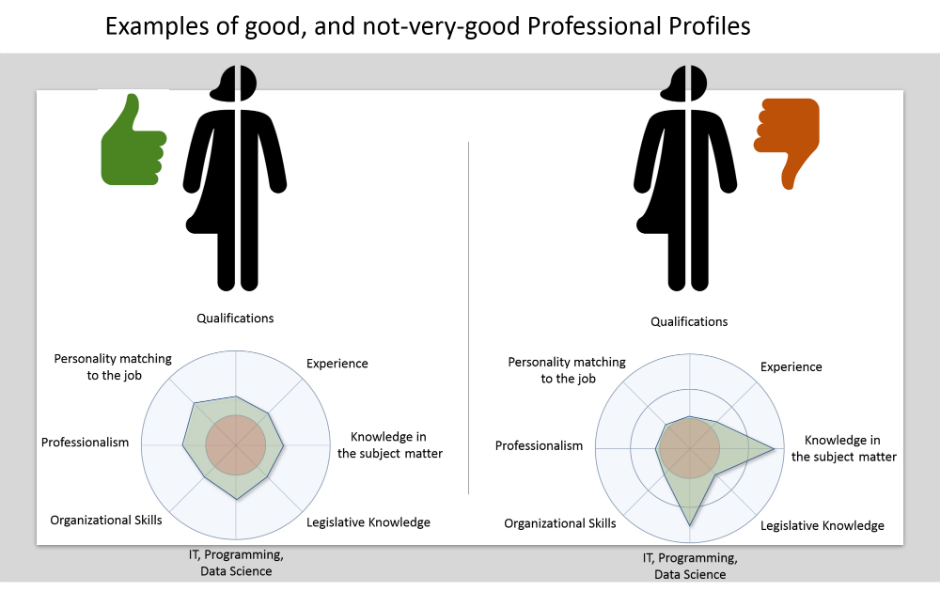Amir Hooshiar received his Bachelor's and Master's in Biomedical Engineering with Honours from Amirkabir University of Tehran, Iran. He served as a Certified Medical Devices Expert for nine years before joining Concordia. Amir is a Vanier Scholar and the recipient of the prestigious NSERC Gilles-Brassard Doctoral Prize for Interdisciplinary Research in 2018. His doctoral research is under supervision of Dr. J. Dargahi on recreating tactile sensing and haptic feedback for surgeons during robot-assisted cardiovascular interventional surgery.
Blog post
Lock and load early: A survival kit for after graduation

This is the fifth and my adieu to the Public Scholars Blog. In my previous blogs, I looked at robotic surgery from different angles and tried to distinguish myth from truth in the field in unbiased commentaries. In this last piece, I would like to write a piece that might be more attributable to all of us. Below, I will introduce you to a survival kit for after graduation.
This kit is usable for those of you who may graduate or have someone graduating from a college or university. The summary below is merely based on my observations in lieu of being a student, lecturer and researcher at university for 16 years.
Finding a job can be the most pleasant or the most frustrating experience a recent graduate may have. How it ends — happy or sad — is totally out of our control. Finding a proper job after graduation without adequate preparation is next to impossible. With the ever-growing number of graduates in arts, science, engineering and more, employers find themselves at a point in history where they have the luxury of choice.
What makes a candidate stand out from the pool is their professional profile. This profile includes, but not limited to, the college or university degree one might have. Our profiles resemble a polygon, as indicated in the radar-graph below.
The two factors that matter to all employers are the size and shape of this polygon. In general, the bigger the polygon, the better. Nevertheless, the polygon’s smoothness also matters. Professional development and advancement in a job rely on a profile’s smoothness.
Now, let’s see what factors shape our profiles:

1. Knowledge in the subject matter
Having the minimum educational qualifications is a necessary condition for getting a job. Educational qualifications come in different forms and shapes. For example, college or university degrees, short-term professional certifications, training certificates and more. Thus, as the first item in the survival kit, acquire as much information about the qualifications you may need to get a job in your desired region and plan accordingly.
2. Legislative knowledge
In some fields, like professional engineering, medicine and law, more qualifications — certifications or permissions — from non-governmental bodies are necessary to allow you to get a job. In addition, getting to know the national laws and acts, as well as international harmonized standards and codes pertinent to your line of work, is a must.
Want to stand out from the crowd? This is one of the winning tricks. Take this as the second item in the survival kit.
3. IT, programming, data science
With the expansion of IT, artificial intelligence and data analysis in almost every aspect of our lives, having basics skills in these areas is necessary. In some positions, like game development, your programming skills count under the knowledge in subject matter section. However, in other non-computer-related jobs, there was a time when employers gave preference to you if you had these skills. Now, they expect you to have them.
4. Organizational skills
Having a very understanding of different departments in small-, medium- and large-scale companies or corporations will speak for itself on your interview day. In most companies, many processes are alike. Perform a quick search and get to know how companies run, who are the CEO, CTO, VP, President and head of HR and what authority and organic relationships do these individuals share. This way, you can start envisioning a realistic path for your future career.
5. Professionalism
Professionalism entails principles to make yourself and others comfortable at work. However, this doesn’t mean you can go to work in flip-flops. Some of the most practical professional skills you need to develop at work include integrity, punctuality, networking, greeting and eating etiquettes, report preparation, change management, and holding efficient meetings. Unfortunately, these skillsets are hardly covered in traditional course syllabi.
6. Personality to match the job
There is an old saying in Farsi that “one marries a job before a spouse.” This is quite wise in the context of self-awareness. I have witnessed individuals suffering at work only because they were not made for it. All of us differ in personality. Different jobs also demand different personalities. For example, an introvert can never make a good sales representative without enduring tremendous pain to realign their personality.
The simplest solution is to get to know ourselves. Get a credible personality test, be aware of your intrinsic weaknesses and strengths, and work on those early on. Also, knowing yourself will help in to avoid jobs that do not match your preferences. Remember, no matter how much you make, you’ll hate waking up to go to a job you don’t love.
7. Experience
Often new graduates have close to no job experience in their field. Therefore, this factor plays out the same way for most of the candidates. However, one can use it to change the game. Acquiring professional work experience through internships and volunteerism is the best way to get prepared for the future.
First of all, you gain first-hand experience on how to use your knowledge in the field. Also, as an intern or volunteer, you have the opportunity of rotating in different departments and companies. As someone who has conducted more than 50 job interviews, showing some level of experience — compared to others having zero — is a game changer.
With this, I conclude my last piece, and I hope that by collecting the right tools in your survival kit, you not only survive after graduation but also cherish your professional path.
About the author
